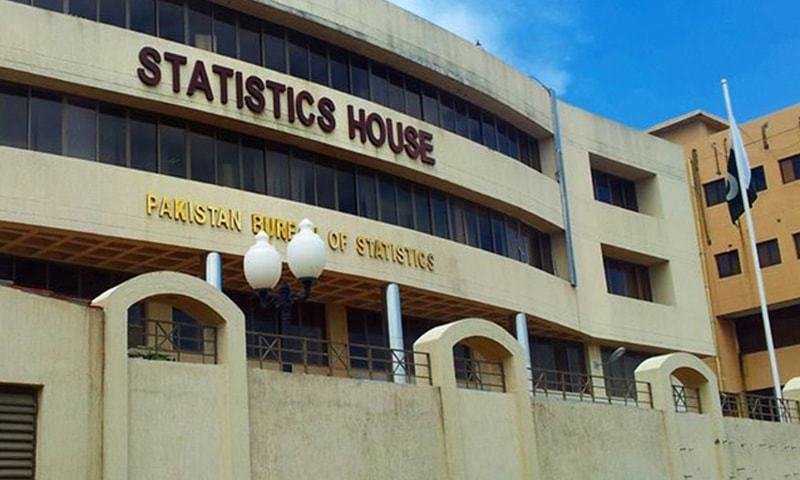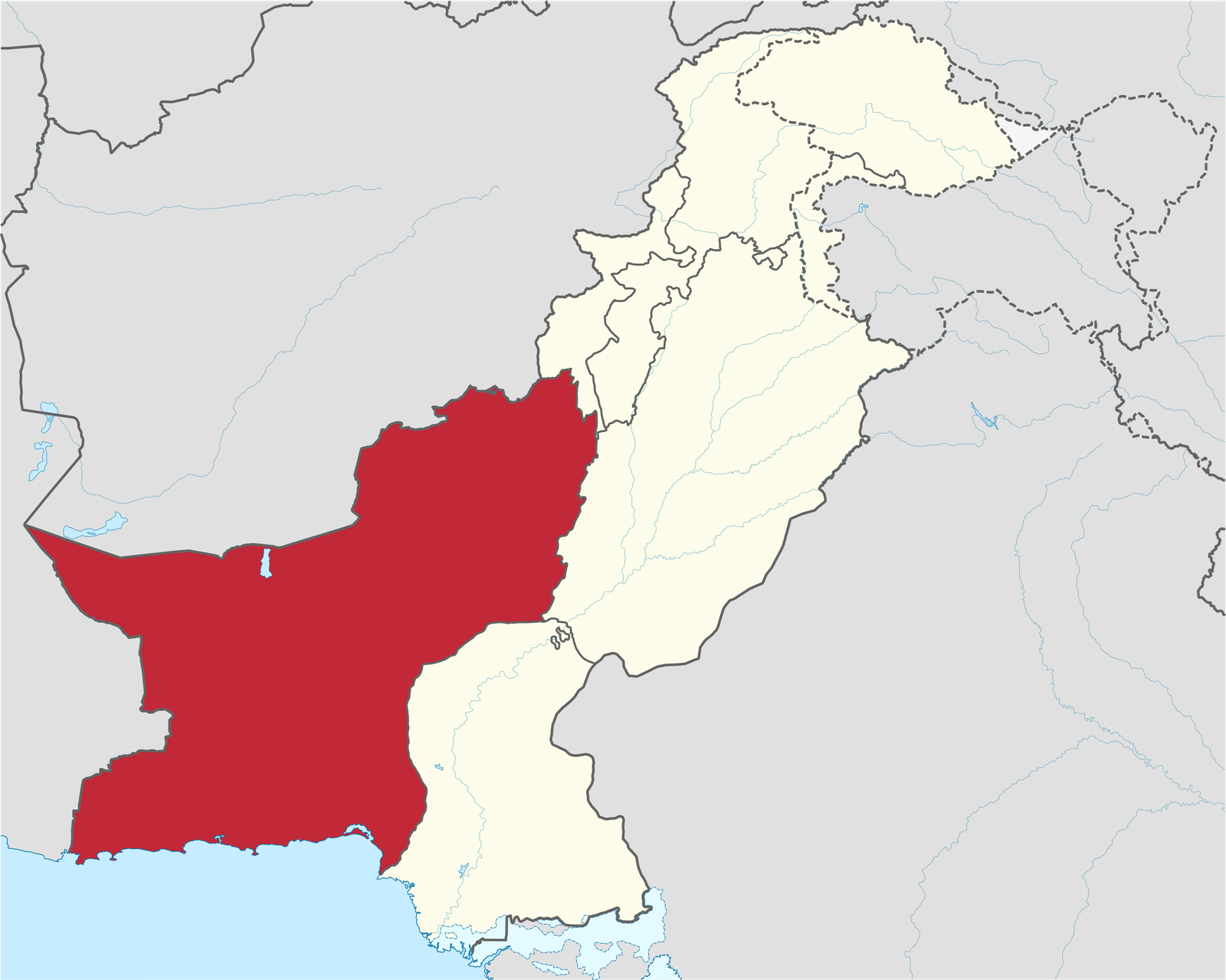Editorial
In today’s data-driven world, the significance of a strong, reliable, and transparent statistical institution cannot be overstated. The Pakistan Bureau of Statistics (PBS), as the principal national agency for data collection and analysis, holds a central role in shaping public policy and economic planning. Tasked with providing timely, accurate, and comprehensive statistics, PBS serves as the backbone for informed decision-making by the government, businesses, academia, and development partners.
Since its inception, first as the Central Statistical Office in 1950 and later reorganized as PBS, the institution has expanded its mandate to cover a wide spectrum of statistical domains—from price and labour force data to housing, agriculture, and industrial censuses. Its integration of primary, secondary, and administrative sources gives it a unique vantage point to produce holistic national statistics.
However, in order to keep pace with the evolving demands of modern governance, the PBS must undergo substantial reforms aimed at improving transparency, quality, and data credibility. The reliability of national indicators such as inflation, poverty rates, employment, or GDP is critical not only for local policy but also for global perception and investor confidence. Allegations of data manipulation or outdated methodologies can severely undermine public trust and economic progress.
Please, subscribe to the YouTube channel of republicpolicy.com
Enhancing PBS’s autonomy, investing in modern technology, ensuring strict data validation protocols, and adopting international best practices in statistical methods are necessary steps. Equally vital is the need for institutional capacity building and better coordination with federal and provincial agencies.
In short, the performance of PBS directly impacts the effectiveness of policy-making in Pakistan. A transparent, independent, and efficient PBS is not just a bureaucratic necessity—it is a national imperative. The future of evidence-based governance depends on it.















